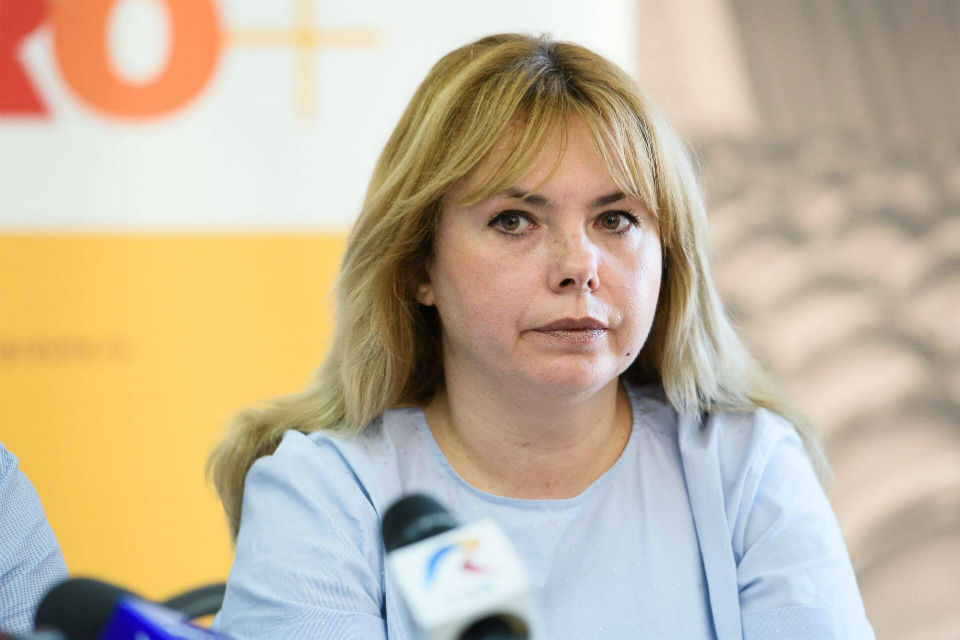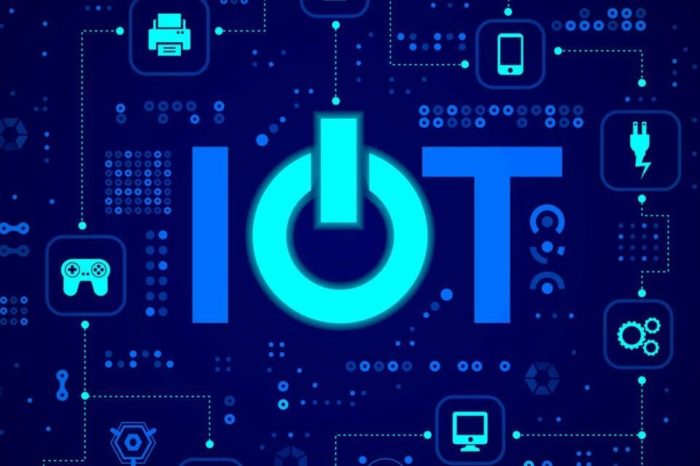INTERVIEW Anca Dragu, E.ON Romania: We are focusing on innovation and e-mobility projects

The energy sector is undergoing an unprecedented transformation. One major challenge for everyone is achieving the ambitious goals set by the European Commission through the “Green Deal” pact, to become climate neutral by 2030. The role and share of green energy in total consumption will increase strongly. More and more consumers in the world, but also in Romania, will produce the necessary energy themselves and the surplus will be delivered into the network. The challenge for E.ON is the transition from a traditional supplier of energy and natural gas, to a partner that offers modern and sustainable solutions and services, tailored to the needs of customers in all categories. The Diplomat-Bucharest talked to Anca Dragu, Deputy General Manager of E.ON Romania, to find out more about the company goals and its plans.
What are the priorities of E.ON Romania for 2020?
We focus on two major directions. On the one hand, we focus on innovative solutions for our customers, so that they can use energy efficiently, get to produce green energy and move to electric mobility.
We offer residential customers integrated solutions for home heating, air conditioning, technical assistance and electric mobility. For business customers, our portfolio of products and services includes high efficiency decentralized electricity production solutions, such as cogeneration, trigeneration or photovoltaic systems, as well as energy efficient solutions through intelligent lighting, based on LED technology. Our energy efficiency and performance projects are implemented in the most competitive industries, such as the auto industry, the food industry, etc.
The second important direction is the modernization and digitization of natural gas and electricity distribution networks. In the context in which we will need more electricity from renewable sources to help reduce carbon emissions, the development of smart grids becomes mandatory. This involves accelerating the process of installing smart meters to consumers and developing automation projects.
How do you see the evolution of the energy market in the context of liberalization?
The reopening of the market is a major objective that we support. One of the main benefits of liberalization is the right of the domestic consumer to change the electricity and natural gas supplier. We are already seeing an intensification of competition between suppliers, which will materialize in the most advantageous offers to attract new customers and retain the current ones.
The condition is to have a fully functional market, a liquid, competitive market, with transparent prices and equal access for all the important players, for the benefit of the consumers.
Last but not least, the definition of the vulnerable consumer and their sustainable protection scheme are essential for market liberalization.
What are the challenges for E.ON Romania?
The energy sector is undergoing an unprecedented transformation. Achieving the ambitious goals set by the European Commission through the “Green Deal” pact, to become climate neutral by 2030, is a major challenge for everyone.
The role and share of green energy in total consumption will increase strongly. More and more consumers in the world, but also in Romania, will produce the necessary energy themselves and the surplus will be delivered into the network. It will take more investment in this niche, but this is definitely the trend. We are here as partners to help customers with energy generation solutions, but also to consume energy efficiently and integrate into the new energy world.
The link between the energy sector and technology, innovation, digitization will be increasingly tight. We must be prepared for the moment when, for example, networks will become the “energy internet”, and digitization and innovation are the clear and binding answers for the future.
The challenge for E.ON is the transition from the status of traditional supplier of energy and natural gas, to the quality of partner that offers modern and sustainable solutions and services, tailored to the needs of customers in all categories.
To succeed in all these steps, to invest in long-term projects, we need legislative and fiscal stability and predictability and a constant and constructive dialogue with the authorities.
What is the status of the project regarding the installation of 400,000 smart meters?
In recent years we have installed through successive investment programs, worth about 130 million lei, a number of about 320,000 smart meters. Most are in Bacau and Neamt counties, where 74% and 43% of consumers respectively have smart meters installed.
At the moment we have in progress in the city of Iasi a project with European funding, worth about 45 million lei, for the installation of 10,000 meters and the modernization of the related distribution network, as well as for the implementation of the hardware infrastructure and software applications necessary for the system to function. .
For the 2019-2028 period, our goal is to install about 400,000 meters, the value of the investments being about 126.5 million lei. This year about 25,000 units will be installed.
What is the status of the NEXT-E project in Romania?
As part of the NEXT-E project, financed from European funds, we have 15 fast charging stations for functional electric vehicles among the 19 that are ours. Another 21 stations will be installed by our partner in this project, MOL Romania.
We have recently completed the “electric highway” on the Iasi-Targu Mureș route, where we have eight stations, and on the Bucharest-Suceava route we have installed another five. In Bucharest we have three functional stations on the Bucharest-Pitești and Bucharest-Ploiesti routes.
At present, a charging station is being installed in Ramnicu Valcea, and by the end of the year we will install the last three, their locations being established.
It is worth mentioning that, last year, about 20,000 kWh were used through NEXT-E stations, this energy allowing to travel over 100,000 km and simultaneously saving CO2 emissions of about 12,000 kg.
NEXT-E stations are mostly located in cities, for example in Iasi, Suceava, Roman, Piatra Neamţ, Bacau, Targu Mures, etc.
At the same time, we are involved in the development of the electric mobility infrastructure in Romania through our program, E.ON Drive, which we launched two years ago.
This is a complete package of solutions and services that offers everything needed by owners of electric cars, respectively support from specialists, installation of charging stations, maintenance and modern monitoring and payment systems.
We already have 44 stations installed by E.ON Drive. Through E.ON Drive we aim to help individuals, companies, cities and communities with affordable, reliable and environmentally friendly electric mobility solutions. We provide from the support of the specialists, the installation of charging stations, maintenance, to the modern billing systems.
We took another important step last year by launching the E.ON Drive mobile app that has many features. For example, an interactive map for viewing nearby charging stations, the ability to start the charging session directly from the application, booking the charging station, access to detailed information. Very important is the option to pay easily and safely from your mobile phone. Last year, we had 2,200 sessions of charging by application.
How do you see the evolution of the electric vehicle market and how do you think this market can be boosted?
For us, the future of mobility is electric and we are practically an important partner of the EU for the development of electric mobility, because we are already involved in the construction of the European charging station infrastructure from north to south and from west to east.
We have ambitious plans and we contribute in Romania to the design of a national network of charging stations. The context is very favourable. Romanians are among the most open to the idea of buying electric vehicles. Of those who are looking for a new car, 36% intend to buy an electric one, according to a European study by E.ON and Kantar EMNID.
At the same time, statistics from the Romanian Automobile Manufacturers and Importers Association show that last year the Romanians bought over 1,500 electric cars, up 150% compared to 2018. We expect the number of those who opt for an electric car to grow strongly in the short and medium term.
Besides the fact that it brings certain benefits for the environment, the electric car comes with direct benefits for the customer as well: lower power costs, lower total usage costs, lower taxes and state financial support for the purchase.















